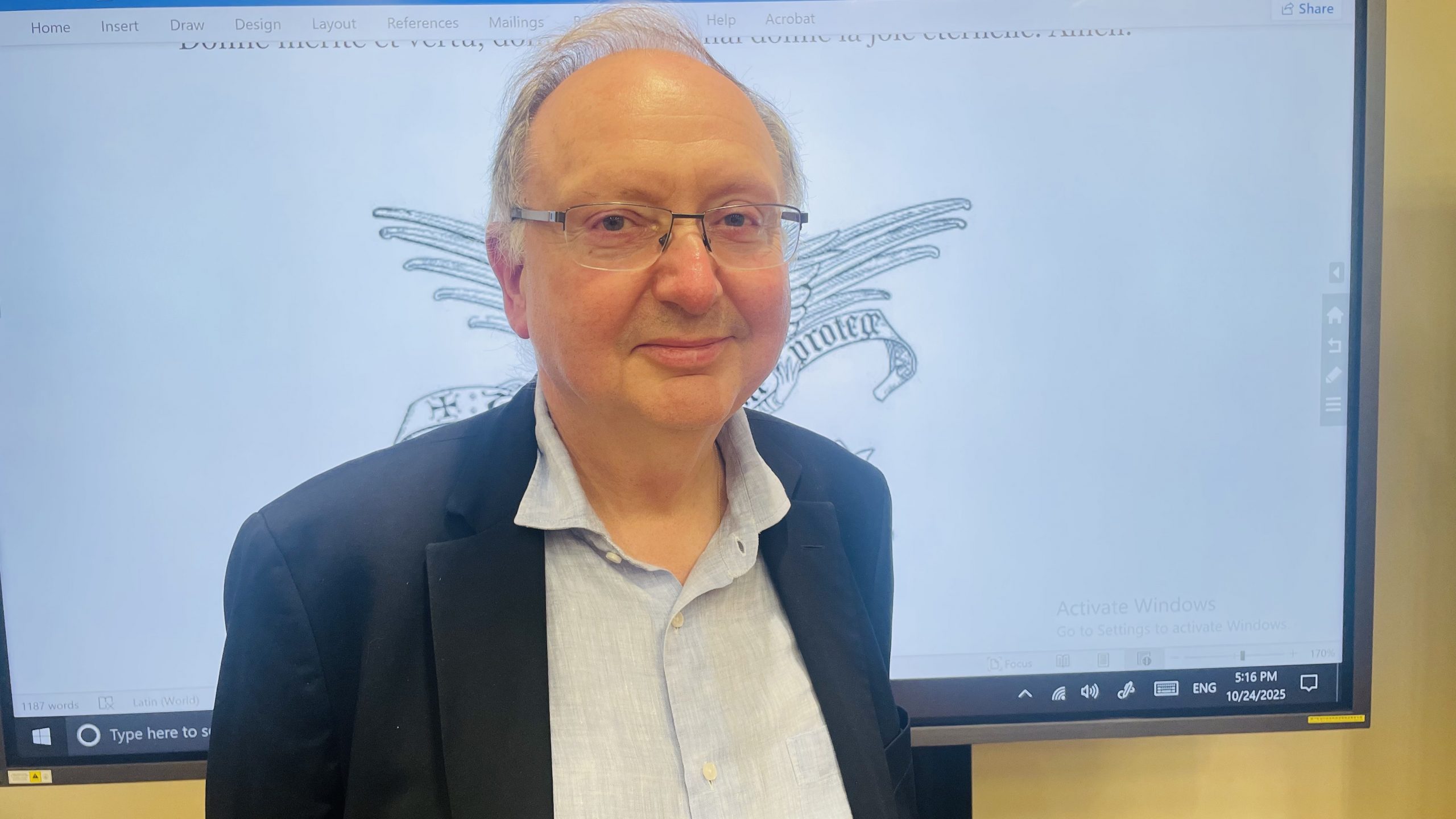Carlos M. Frota
Angelus prayer time. 16th of August. Pope Francis prays for Lebanon, Belarus at Sunday Angelus. Pope Francis appeals for dialogue in negotiations regarding the Nile. In remarks made after the recitation of the Angelus on Sunday, Pope Francis appeals for the use of dialogue in negotiations between Egypt, Ethiopia and Sudan over the Nile River.
In every Sunday message, at the time of the Angelus, from his famous Vatican window, Pope Francis, like his predecessors, addresses some of the major problems of the world. Hearing the Holy Father attentively, we have week after week a resumé of the more grave concerns affecting peace, stability, harmony, among peoples and nations.
And his words are always of hope, appealing to the conscience of leaders, and inviting everybody to prayer, the only way our anxieties can expect answers, touching the infinite mercy of God… not vain words at all, but really the last resort of help to our problems, those of the entire humanity.
GUESTHOUSES…GHOST-HOUSES…
Traditional tourist destinations are almost empty, for fear of the coronavirus. Seaside resorts have turned ghost-houses. Owners of hotels, restaurants, bars, cafés, everywhere in the world, with the worrisome prospect of no gains at all, are obliged to push to joblessness millions of workers relying every year in the high season profits of the tourism industry.
And parents not knowing if they should send their children back to school, amidst the surge of covid-19 cases, despite the official rhetoric that doesn’t reassure them at all. They have lost faith a long time ago in unreasonable leaders’ advice.
And fearing failure of the postal service to deliver covid-19 aid checks . And fearing job-end notices, and unpaid medical bills, etc etc etc…
Signs of anxiety then in the air, a surreal time for holidays when millions of people are seeing their lives, their future, their simple prospects for next week or next month as opaque as dark night.
The evolution of the world economy is now a major concern for world leaders and common people alike. Everybody expects the end of a political drama – the presidential election in America, in November – to see more clearly if the direction of the first economic superpower confirms a leading role in world affairs (or not) and in which direction.
From this part of the world – ours – China is taking all necessary measures to restart growing as steadily as possible, in a context of social stability, so necessary indeed for any effort of sustainable development. Macau is an oasis of security and peace in a so troubled environment. But the multiple windows to the outside world such as television and internet tell us a different story elsewhere.
A DIFFERENT WORLD
That life isn’t what it was before, it’s for sure. But trying to guess in which direction we are moving, globally, it requires a huge question mark!
Summer is ebbing fast, holidays almost finished but, in many parts of the world and for many reasons, instead of being a time of leisure and relaxation, it’s a nightmare! For business, for families, mainly elderly people, and for governments challenged every day by the daunting dilemmas they face.
Open or close schools? Put at risk children’s health for the sake of the economy or just the opposite, define pandemic fight as the absolute priority because life is the priority number one?
For us Christians, as in other decisive experiences of life, changes of such magnitude require not only an explanation (probably the easiest part), but a deep understanding of what we are really living in, at the level of values. At the level of our Faith . To put things as simple as possible: we are living in a global crisis, as everybody knows. How it will shape our life tomorrow is not clear yet. But we need a clue to anticipate or to be prepared for the (not so) “admirable new world” ahead.
THE INEVITABLE QUESTIONS
God and the Pandemic. Some authors propose a Christian Reflection on the Coronavirus and Its Aftermath. Discover a different way of seeing and responding to the Coronavirus pandemic, an approach drawing on Scripture, Christian history, and the way of living, thinking, and praying revealed to us by Jesus.
What are we supposed to think about the Coronavirus crisis anyway? Some people think they know: “This is a sign of the End,” they say. “It’s all predicted in the book of Revelation.”
Others disagree but are equally clear: “This is a call to repent. God is judging the world and through this disease he’s telling us to change.”
Some join in the chorus of blame and condemnation: “It’s the fault of the Chinese, the government, the World Health Organization…”
It’s necessary of course to examine these reactions and then carefully read the Bible and Christian history, both offering simple though profound answers to our many questions.
What should be the Christian response? How should we think about God? How do we live in the present? Why should we lament? What should we learn about ourselves? How do we recover?
WORDS OF OUR SHEPHERD
With the title Life after the Pandemic (June 10, 2020) and in the context of the coronavirus pandemic, Pope Francis addressed believers and non-believers several times, offering a vision of the crisis through faith, a way out from it through solidarity and hope through prayer. This book collects the most relevant speeches and letters by Pope Francis tackling the issue of the coronavirus pandemic. There are eight texts. The preface is by Cardinal Michael Czerny, a Jesuit father too, like Pope Francis, who is in charge of the Department for Migrants and Refugees of the Holy See-Vatican City State.
The Vatican has also published the volume of Pope Francis’ homilies during the Santa Marta daily Mass in times of the severest confinement. It’s important to read them as guidelines for our common future.
Strong in the Face of Tribulation. Words During the Coronavirus Pandemic: The Church in Communion: a Sure Support in Time of Trial by Pope Francis is a volume divided into three sections.
First we find the words that Pope Francis pronounced from 9 March to 18 May 2020 as he sustained the entire ecclesial community in this time of trial. They are, more or less, the daily homilies during Mass at the Casa Santa Marta and the Angelus and Regina Coeli texts and a few other messages. Listening to his words helps us reflect and hope, it makes us feel in communion with and united to Peter.
Then there is the first appendix which gathers together the indications given by the Church to continue to live and to receive the grace of the Lord, the gift of forgiveness and the Eucharist, the power of the Easter liturgies when we cannot participate physically in the Sacraments.
Finally, the second appendix, where we find the prayers and supplications for difficult moments. They are texts that originate from various ecclesial contexts and diverse historical epochs. Thus they can be a further source of sharing for the universal Church. There are prayers for the sick, for the liberation from evil, to entrust ourselves confidently to the action of the Holy Spirit.
Bread for the journey… in hard times…


 Follow
Follow


